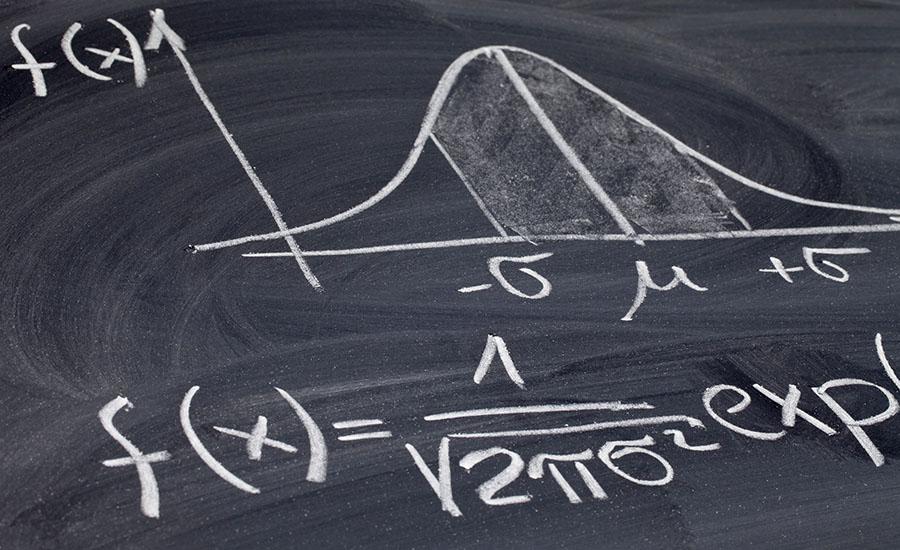In this lesson plan students will show and cultivate their creativity while using the concepts of math and technology by designing their dream house. Materials: Computer with internet access for
Simple Machine: Pulley, helping Rapunzel escape the tower
Students will research, design and create a raised bed garden model using craft sticks and write a set of directions to build the model.
Using pumpkins, design and create Cinderella's carriage. This lesson can demonstrate Potential Energy turning into Kinetic Energy
What if we could pass along information that can’t be stolen or intercepted? We can do it with a little coding, and some chemistry! Soon we will be writing in code, passing secret information along
Students will use the internet to collect data on a given State (or place) for 5 days. They will then make predictions on the weather and how to keep people in that community safe. They will then
Students will observe and investigate the shapes of bubbles. They will then create their own wand in a different shape to see if bubbles are always round or if they can create a different shape.
Students will be learning about adaptation. Students will participate in a project where they will see if seeds can grow in a bag without soil and natural sunlight. They will also compare and contrast
Within eight 60 minutes class periods Design a native, pollinator friendly garden with the help of a local gardener/master gardener. Students work together to create a classroom garden, monitor plant
Students will investigate the difference between amplitude and frequency to see which one transfers more energy. Students will collect data, graph their data, and complete a written conclusion.
This lesson, adapted from NOAA, focuses on tides. Students pretend to be a ship captain delivering materials to a construction company. However, their ship must go under a bridge. Students must find
This is a fun, low-prep activity. All you need is some cards and marbles. Students will build towers that are capable of holding a bucket of marbles. Once the groups have been tested, you will discuss
Students will study car barrier engineering in this lesson. They will study how Newton’s Second Law of motion can be applied to determine how to decrease the force of impact during a collision. They
Students will demonstrate how environmental resources affect a population and analyze the population growth over several generations.
This lesson invites students to sort and filter a spreadsheet of Wordle scores in order to answer questions through data analysis.
Students will discover: I put rotted food into a container with earthworms, where did the food go?
Students will discover: What will happen if animals are eliminated in ecosystems and food webs?
Students will discover: Why do organisms depend on other organisms for survival?
This is an Agricultural STEM lesson designed for primary grades. It shows how worms break down organic matter (a banana peel). The students will measure and observe the decomposition overtime. They
This lesson will help children discover the phenomena: People say I have so much energy all the time and that the sun gives plants energy, is it the same?
Students will participate in a hands-on scientific experiment that addresses the question: "Can you grow plants without seeds?" To further explore this concept, students will actively listen to a read
This a hands on activity that will have the students measure the frequency of a resonating glass bottle by using their cells phones. They will then combine with other groups to play a well known song
Engineers often create small-size models of a new product to test its design. This is especially true with airplanes. Model testing tells engineers how a design responds to different air conditions
Students will read the novel, "The Lion of Mars", design & launch paper rockets, and then design a sustainable Mars Colony inspired by the novel. This hands-on lesson is scheduled to take around 15
Featured Lesson Plans
Check out these notable lesson plans.

This lesson will explore aerodynamics, rocketry, and principles of space flights. Students will act as engineers. Their job is to research, plan, design, and build a water bottle rocket that will

This lesson plan is the nitty-gritty principles of roller coaster. It can be taught and used for 4th grade and 5th grade students. The first part of the lesson is the discussion of the principles

